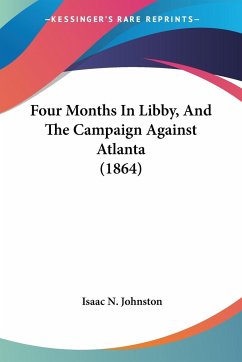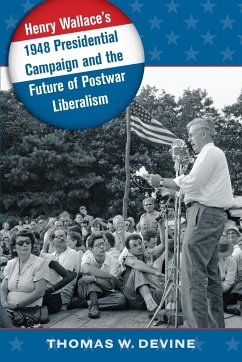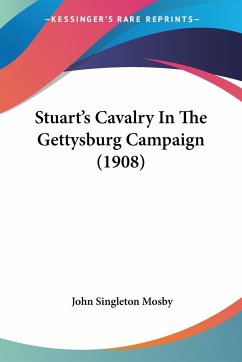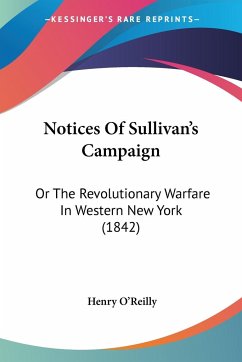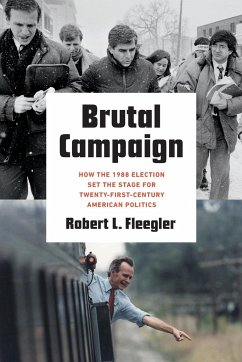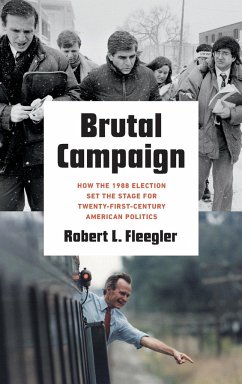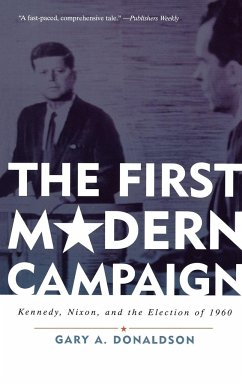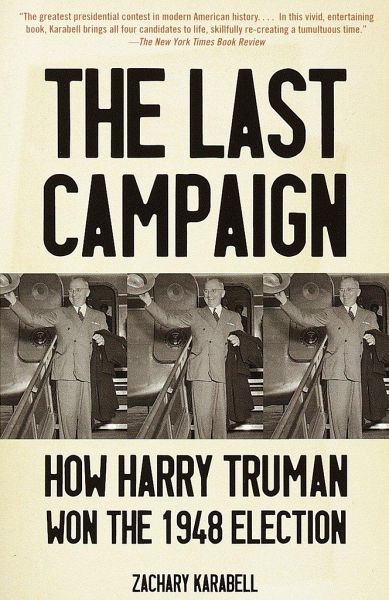
The Last Campaign
How Harry Truman Won the 1948 Election

PAYBACK Punkte
11 °P sammeln!
In The Last Campaign, Zachary Karabell rescues the 1948 presidential campaign from the annals of political folklore ("Dewey Defeats Truman," the Chicago Tribune memorably and erroneously heralded), to give us a fresh look at perhaps the last time the American people could truly distinguish what the candidates stood for. In 1948, Harry Truman, the feisty working-class Democratic incumbent was one of the most unpopular presidents the country had ever known. His Republican rival, the aloof Thomas Dewey, was widely thought to be a shoe-in. These two major party candidates were flanked on the far l...
In The Last Campaign, Zachary Karabell rescues the 1948 presidential campaign from the annals of political folklore ("Dewey Defeats Truman," the Chicago Tribune memorably and erroneously heralded), to give us a fresh look at perhaps the last time the American people could truly distinguish what the candidates stood for. In 1948, Harry Truman, the feisty working-class Democratic incumbent was one of the most unpopular presidents the country had ever known. His Republican rival, the aloof Thomas Dewey, was widely thought to be a shoe-in. These two major party candidates were flanked on the far left by the Progressive Henry Wallace, and on the far right by white supremacist Dixiecrat Strom Thurmond. The Last Campaign exposes the fascinating story behind Truman's legendary victory and turns a probing eye toward a by-gone era of political earnestness, when, for "the last time in this century, an entire spectrum of ideologies was represented,” a time before television fundamentally altered the political landscape.




